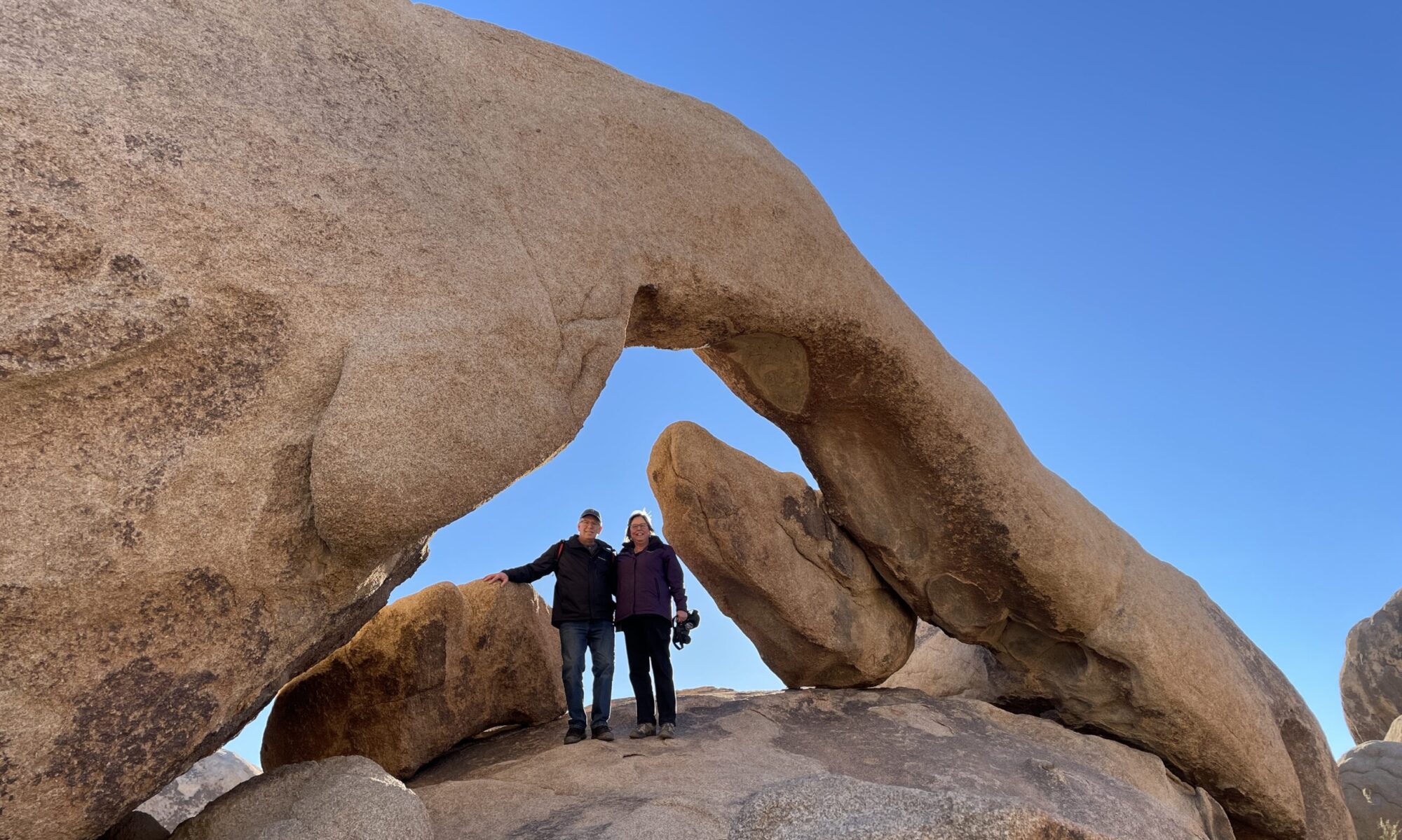 The picture is from Father’s Day 2011. Our daughters, Sarah, Lindsey, and Amanda were willing to pose before we disposed of the swing set that we had moved from Three Rivers to Kalamazoo to Rockford. Beverly and I built that swing set for Lindsey around 1990. We got the kit from the local lumber company and did it ourselves. Sure there were directions and I don’t remember if there were any spare parts left over but once it was built we asked Bill, one of the Church Trustees, to come over and look at it.
The picture is from Father’s Day 2011. Our daughters, Sarah, Lindsey, and Amanda were willing to pose before we disposed of the swing set that we had moved from Three Rivers to Kalamazoo to Rockford. Beverly and I built that swing set for Lindsey around 1990. We got the kit from the local lumber company and did it ourselves. Sure there were directions and I don’t remember if there were any spare parts left over but once it was built we asked Bill, one of the Church Trustees, to come over and look at it.
He came over with his tool belt and he proceeded to shake what we had built. He tested the joints and even bent some of the wood (He said, “wood bends”). He was testing what we had built to see if it was safe enough for Lindsey to play on.
He tested what we had built to see if it was safe for others to play on.
The strongest impression is of Bill shaking something we had built in order to test it. He was not angry, his actions were not mean or hurtful, he was doing reasonable testing of what we had built.
How willing are we to have our structures of belief or theology or commitments tested to see if they are safe enough to play on. Are they reliable enough for other people to join us in using them?
Psychologists find that many of our beliefs are cultural truisms: widely shared, but rarely questioned. If we take a closer look at them, we often discover that they rest on shaky foundations. Stereotypes don’t have the structural integrity of a carefully built ship. They’re more like a tower in the game of Jenga — teetering on a small number of blocks, with some key supports missing. To knock it over, sometimes all we need to do is give it a poke. The hope is that people will rise to the occasion and build new beliefs on a stronger foundation (Adam Grant, Think Again, 138).
I am writing on Epiphany, January 6, 2022. Our democracy was severely and violently shaken one year ago with the insurrection at the Capitol in an attempt to overturn a legitimate election that was tested with multiple recounts and approximately 60 court cases. I feel the spiritual, emotional, mental, and physical stress of our national divisiveness.
Rebekah Simon-Peter, chief visionary for the group coaching program Creating a Culture of Renewal, writes in her blog post “Weakened Democracy Makes for Weakened Churches”:
When truth is attacked, questioned, battered, and simply negated through the repetition of falsehood, and the false is lifted as true, democracy suffers…Meanwhile, this degradation of democracy has not stopped at the doors of the church. Rather, skewed narratives of true and false have infiltrated, fractured, and polarized congregations.
Part of the reason I don’t feel a paralyzing polarization in our congregation in the 18 months we have been in ministry together is because of our adult education classes (Faith Connections and Thursday Bible study), our Leadership Board, staff members, and other congregational leaders. In these groups, we engage in lively conversation and sometimes debate but the greater value is that we are building and strengthening spiritual community. We regularly pray for each other and our conversations are encouraging. Before the 2020 election, I asked the Men’s Breakfast group, “What is it like for our congregation to go through a presidential election?” Their observations were that we have a politically diverse congregation but we don’t express that diversity in harmful divisive ways.
As we continue to struggle through the ongoing COVID-19 pandemic and face the approaching elections, we can claim the resources of our faith in Jesus Christ. This Sunday, January 9, we will have a Baptism Remembrance/Anticipation act in worship. It includes these questions:
Do you renounce the spiritual forces of wickedness, reject the evil powers of this world, and repent of your sin?
Do you accept the freedom and power God gives you to resist evil, injustice, and oppression in whatever forms they present themselves?
Again, Rebekah Simon-Peter helps with the context of church-state relations:
Even so, government has not always had such an outsize influence on churches. For example, during the early days of the church, under repressive Roman rule, the church flourished and thrived. At that time, Jesus was not equated with political processes. Rather, he stood in opposition to the powers that be. His rule was a countercultural one of love, inclusion, hospitality, miracles, and the Kingdom of God (my emphasis).
May God continue to help us as we draw together in faith and “envision to grow a loving community while we gather, connect, learn, and serve.”

